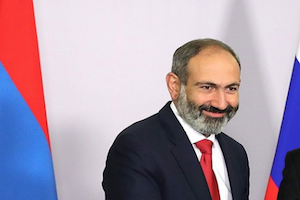Discontent with Kadyrov Leads to Increased Violence in Chechnya
By Emil A. Souleimanov and Huseyn Aliyev
October 23, 2018, the CACI Analyst
On August 20, a series of attacks by teenagers against policemen took place in Chechnya’s cities of Grozny and Shali. The country’s strongman Ramzan Kadyrov quickly blamed “external actors” seeking to pitch local security enforcement, siloviki, against teenagers, while decrying the inability of the attackers’ parents to oversee their sons. Yet realities on the ground appears to be different. In fact, large part of the Chechen population hold enormous grievances caused by the impunity of local siloviki, particularly kadyrovtsy, and the republican authorities in general. The threat of punishment against the relatives of insurgents and their (prospective) supporters has since the early 2000s stemmed the local insurgency. Yet from time to time, grievances condensed in the Chechen population explode in spontaneous acts of nearly-suicidal violence against republican law enforcement.
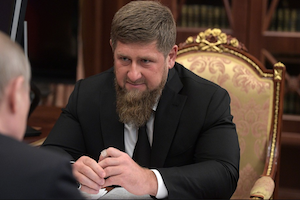
What Would Membership in the CSTO Mean for Azerbaijan and the South Caucasus?
By Fuad Shahbazov
October 18, 2018, the CACI Analyst
On August 16, the Azerbaijani MP and head of the Azerbaijan-Russia interparliamentary group Ali Huseynli told local media that “It would be advisable to consider Azerbaijan’s participation in the Collective Security Treaty Organization” (CSTO). The sensational statement triggered a public discussion on Azerbaijan’s possible membership in the Russia-led CSTO and its consequences for the region. While some state officials described this prospect as a logical extension of Baku’s cooperation with Moscow, others strictly opposed the idea, stating that it would pose dangerous challenges to the country.
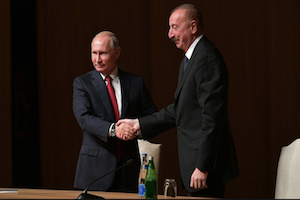
The Perspective of Trans-Caspian Gas Flow to Europe
By Ilgar Gurbanov
October 25, 2018, the CACI Analyst
On August 12, Azerbaijan, Kazakhstan, Russia, Iran, and Turkmenistan signed the Convention on the Caspian Sea’s Legal Status in Astana. The Convention’s provision endorsing the construction of a subsea pipeline raised optimism regarding the Trans-Caspian Gas Pipeline (TCGP) project, which has been stalled due to the Caspian’s uncertain status. Discussions on the TCGP have been ongoing since the 1990s, envisaging the export of 30 billion cubic meters/year (bcm/y) of Turkmen gas to Europe across the Caspian by integrating with the Southern Gas Corridor (SGC).
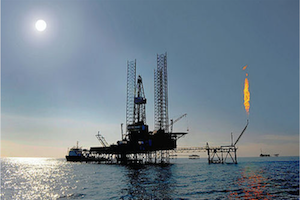
Political Crisis is Looming in Ingushetia
By Huseyn Aliyev
October 2, 2018, the CACI Analyst
On May 27, Ingushetia’s Muftiate (The Muslim Spiritual Center of Ingushetia) excommunicated Yunus-bek Yevkurov, head of the autonomous republic in Russia’s North Caucasus. According to the head of the Muftiate, Isa Khamkhoev, the excommunication implies that Yevkurov is no longer a Muslim and is not allowed to participate in wedding and funeral ceremonies or other Muslim events in the republic. The Muftiate motivated its decision with Yevkurov’s persecution of the religious community, the illegal use of administrative resources to lobby against the Muftiate, and the use of security forces to seize land allocated for a mosque in the capital city Magas. Notwithstanding the excommunication, Yevkurov was reelected as the head of republic in the September 9 local elections.
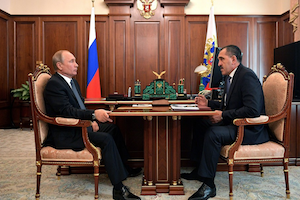
Is Armenia's Foreign Policy Changing?
By Natalia Konarzewska
September 25, 2018, the CACI Analyst
August 17 marked the first hundred days in office for Nikol Pashinyan’s government in Armenia, which assumed office after the mass social protests erupting in April and May this year. The leaders of the protest movement underlined that they campaigned for domestic reform, yet the ensuing transition of power followed by a crackdown on corruption and a legal purge among the Armenian political elite has already reverberated in Armenia-Russia relations. Moreover, the new government’s stiff approach towards resolution of the Nagorno-Karabakh conflict has brought renewed tension in its relations with Azerbaijan.
